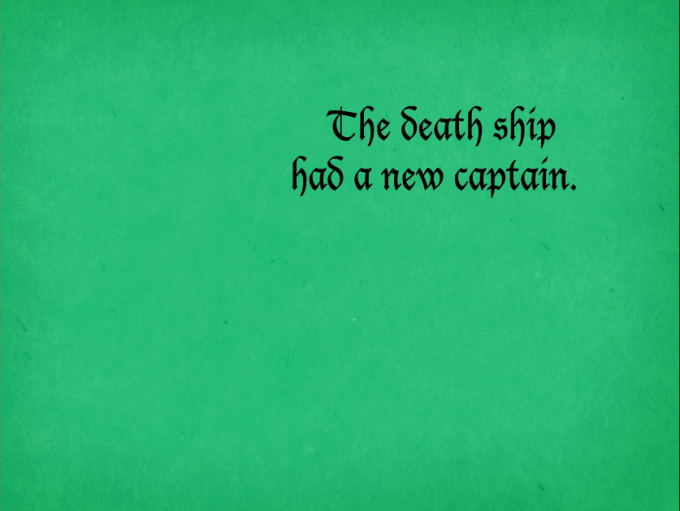
There is a strange conflict between the elements of Murnau’s Tabu that seems to be simultaneously on and under the surface. The film symbolizes an escape for Murnau – from Hollywood’s artistic control that went in the way of his previous two films, 4 Devils and City Girl; from the strict traditionalism of German and American cultures; and into a care-free world of perfect weather, simple economics and amplified creative freedom. But this is not what is shown in Tabu.





